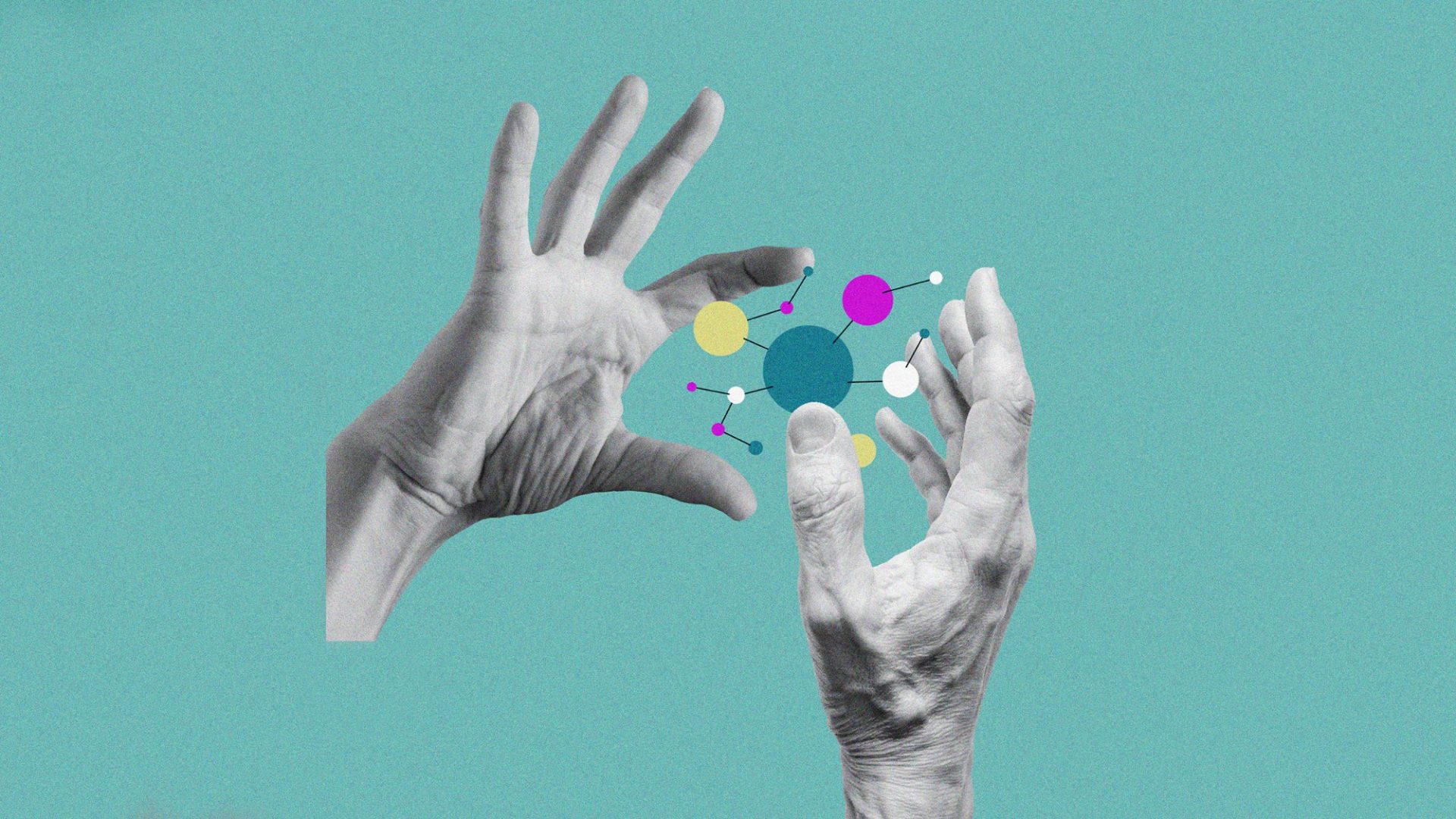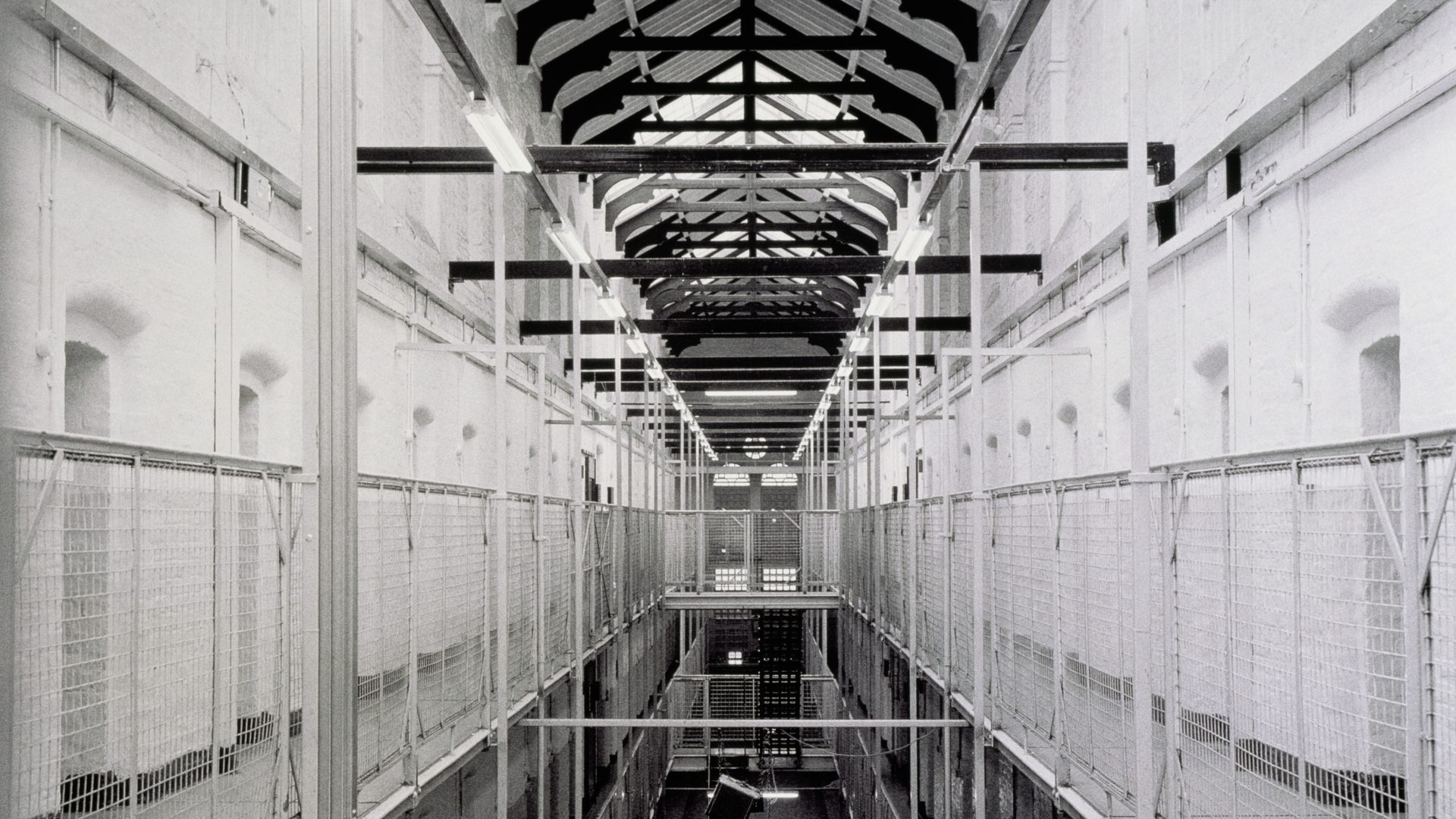Is science getting harder? Did the 20th century strip the tree of knowledge of all its low-hanging fruit – quantum and nuclear physics, say, or the structure of DNA – to leave the answers to remaining scientific questions harder to reach? That seemed to be the implication of a paper published two years ago that claimed to show that the rate of truly “disruptive” discoveries – ones that transform a field and open up new possibilities for technologies and economic growth – declined from the mid-1940s to 2010. Despite increases in science funding and the number of researchers, we seem now to be in an age of incremental advances.
That work, by Russell Funk of the University of Minnesota and his coworkers, prompted a wave of hand-wringing. What’s gone wrong with science? And can we justify expanding science budgets if there are diminishing returns? But Funk’s claims also proved controversial, not least because it is very hard to know how to measure the disruptive impact of research. Some might be tempted to say: hello, what about AI? There can hardly have been a more disruptive technology, for better or worse, in the past few decades, as witnessed by the Nobel prizes in both physics and chemistry awarded last year to work in that field.
But as a recent news analysis in Nature (which also published Funk’s paper) shows, the impression that groundbreaking research is becoming more rare is widely shared in the research community. And if that’s right, the discovery drought could slow down economic growth. So we had better understand if the trend is real, and if so, what’s behind it.
Funk and colleagues used a rather technical method to gauge a paper’s (or a patent’s) disruptiveness, which was connected to the citations of earlier work that it includes. The idea is that, if the paper transforms its field, it renders those citations obsolete by establishing a new ground zero, so that they won’t feature much in subsequent publications.
But is that a good metric for disruptiveness? Critics pointed out that citation practices changed a lot over the course of the last century: older papers had fewer. What’s more, the 2021 paper that used AI to predict the structures of protein molecules, which won the 2024 chemistry Nobel, would on this measure be rated low in disruptiveness – which surely can’t be right, can it? The arguments are all rather complicated, because so is the question: there’s no way we can measure something like this with the certainty of measuring an object’s temperature or mass.
Surprisingly, however, the debate hasn’t given much consideration to what history tells us. For one thing, over the long term science hardly looks like a steady accumulation of earth-shattering discoveries. Even though the so-called scientific revolution in the 17th century reset the way a lot of science was done, chemistry (to name one discipline) experienced a century of tentative steps until Antoine Lavoisier replaced the theory of phlogiston with his oxygen theory in the 1780s and 90s. And the economic growth produced by the chemical dye industry of the late 19th century didn’t really come from a transformative discovery in understanding, but arose from a complex interplay between chemical research and market demand stimulated by industrialisation.
There have been plenty of occasions when scientists have decided that all the big discoveries have been made. Famously, Lord Kelvin was said to have proclaimed as much for physics, just years before Max Planck initiated quantum theory and Einstein unveiled the theory of relativity. The Kelvin story is apocryphal, but others expressed similar sentiments that the future of physics was just about incremental improvements in accuracy.
Besides, not all transformative science affects economic growth: that can hardly be said for the proof of the Big Bang (circa 1965), the discovery of dark energy (1998) and the discovery of the Higgs boson (2012). Despite all this, however, the question is important. It’s conceivable that science is simply facing harder challenges now, but it’s possible, too, that there are worsening problems in how it is conducted. Young researchers have less incentive to take risks, and they are also encouraged to carve it into publishable slices of diminishing size and impact. And it has long been noted that review panels for funding agencies are conservative, favouring the safe but mediocre. Academic scientists complain of being too burdened by admin and grant-chasing to actually do research. Perhaps the problem is not that all the easy science has been done, but that it’s getting harder to do it at all.




